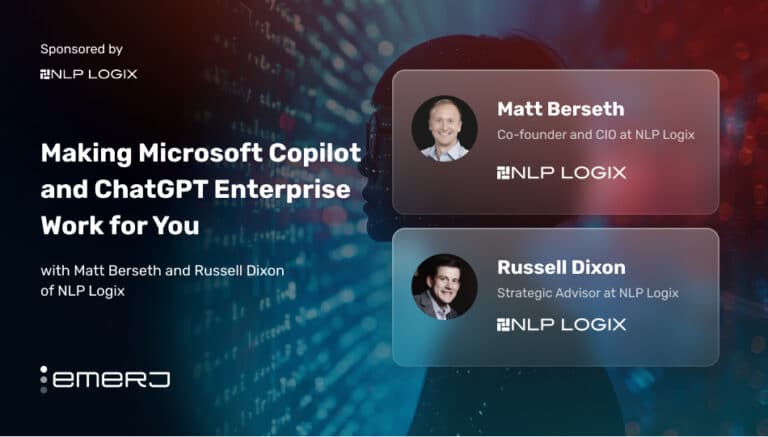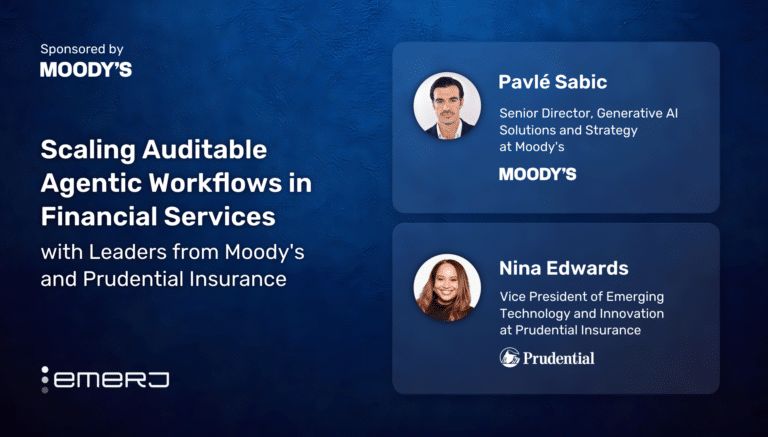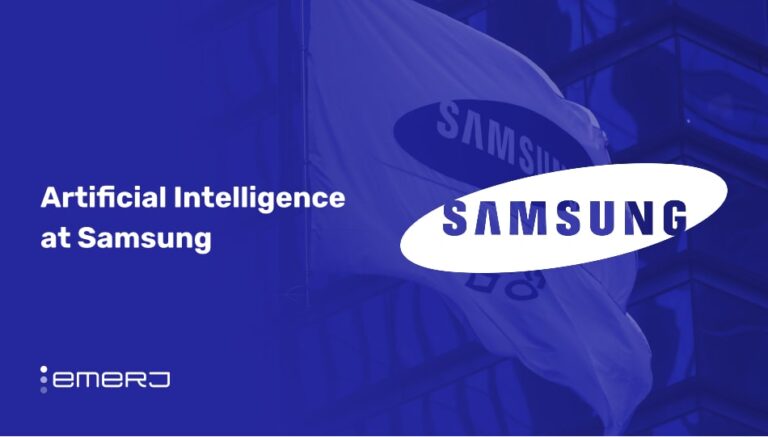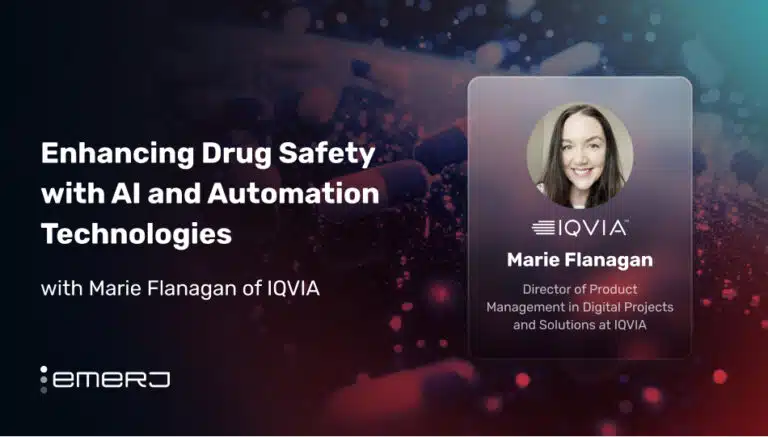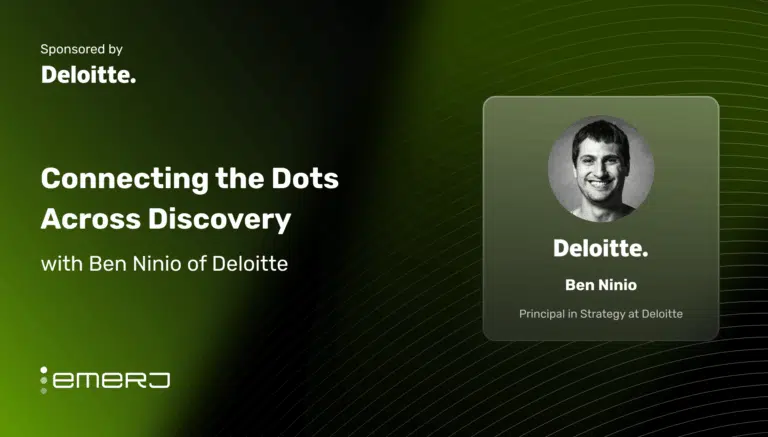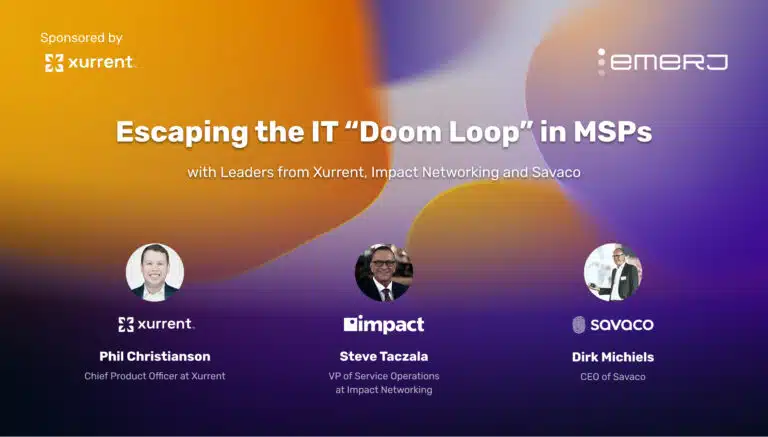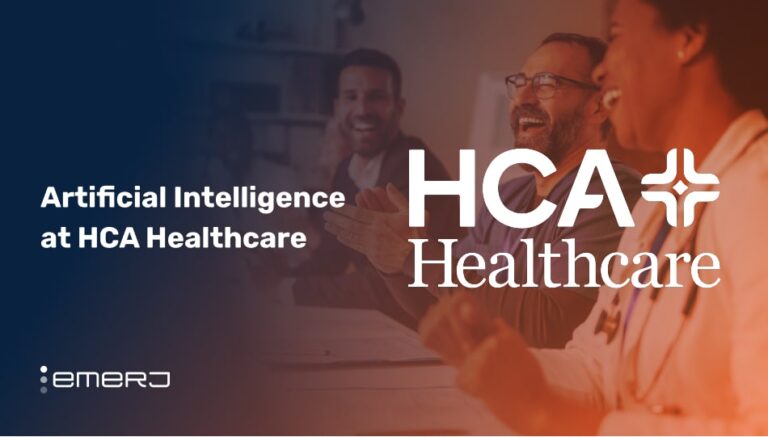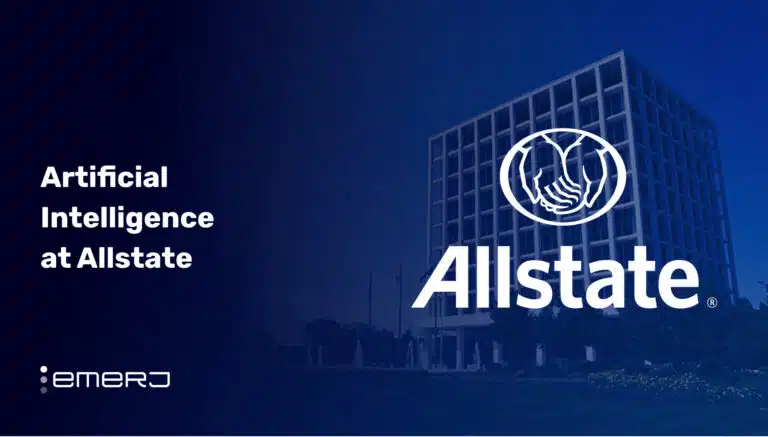Progressive Insurance, officially known as The Progressive Corporation, is an American insurance company headquartered in Ohio. Founded in 1937, Progressive has grown to become the most significant motor insurance carrier in the United States as of late 2022. In 2023, the company reported robust financial performance, with total revenues exceeding $55 billion. The company employs over 40,000 people globally and has offices across six continents.
The insurance company is heavily investing in digital transformation and AI. With an annual ICT spending of $2.2 billion in 2022, the company leverages AI for dynamic pricing strategies, risk assessment, telematics programs like Snapshot, and customer service enhancements. These efforts align with Progressive’s vision to innovate the insurance industry through technology while driving societal progress and equity.
This article explores two use cases of AI that support Progressive’s business objectives:
- Leveraging generative AI to drive campaign effectiveness: Using GenAI to create data-driven, personalized content variations to optimize messaging and enhance audience engagement.
- Accelerating time to insights with machine learning: Adopting machine learning to overcome the limitations of legacy analytics systems, enabling faster time-to-insight and more effective decision-making.
Leveraging Generative AI to Drive Campaign Effectiveness
According to the case study published by Claritas, Progressive Insurance reached out to MMA Global and Claritas to see if AI algorithms and models could learn patterns from their existing data and then generate new combinations that would better drive a lift in campaign performance.
Claritas is a marketing company that claims to leverage advanced AI and a comprehensive identity graph to help businesses optimize marketing strategies, target ideal audiences, and improve campaign ROI.
Progressive chose to deploy Claritas’ AI Creative Optimization, which is an advanced marketing tool that leverages artificial intelligence to enhance campaign effectiveness.
The above-cited press release mentions that Claritas and MMA Global initiated the campaign with Progressive by implementing GenAI to produce 120 distinct versions of creative synthetic audio. Then, we leveraged the power of Claritas’ AI Creative Optimization to activate 96 of these variations based on the insights gained from 6 million impressions.
It also highlights that these insights enabled the AI to determine which messages would perform the best with different audiences.
According to Claritas’ website and its promotional blogs, its AI marketing platform claims to:
- Automatically optimize conversions in real-time
- Understand preferences, behaviors, and motivations
- Personalize content creation
- Create dynamic customer journeys
- Improve customer satisfaction and loyalty
The Claritas AI Personalization platform works through the following process:
- Data Collection and Analysis: The AI gathers and analyzes vast amounts of customer data to uncover patterns and insights.
- Customer Segmentation: Based on the analysis, the AI creates precise customer segments with unique characteristics and preferences.
- Personalized Content Creation: The AI generates tailored content for each segment, including product recommendations, email subject lines, and ad copy.
- Dynamic Journey Mapping: The system creates adaptive customer journeys that respond to individual interactions in real time.
- Targeted Message Delivery: Marketing messages are precisely targeted to the most receptive customer segments.
- Real-time Performance Monitoring: AI-Boost continuously tracks campaign performance.
- Automatic Optimization: The system makes real-time adjustments to optimize campaign results.

Screenshot of cornerstones of Claritas AI optimization (Source: Claritas)
The case study also mentioned that the integration of AI not only enhanced the campaign’s effectiveness for progressive insurance but also significantly expedited its timeline, reducing the typical three-month duration to just under eight weeks.
Below are the business results that Claritas has claimed for progressive:
- 52%Lift in total conversions with GenAI ads.
- 197%Lift in the campaign with AI on vs. AI off.
- 300% more users were exposed to GenAI ads than non-AI ads
Accelerating Time to Insights with Machine Learning
In a recent episode of the ‘AI in Business’ podcast with Emerj, Hayden Kirkpatrick, VP of Innovation at State Farm, highlights the risk of disintermediation for insurers due to the rise of connected cars and smart homes.
Reflecting on his previous experience in the telecom industry, he tells the executive listening audience that the current moment in insurance is similar to the “iPhone moment” in mobile spaces, where tech companies could dominate the customer experience by owning data and insights, potentially sidelining traditional insurers. The shift poses an existential threat to the traditional insurance industry, requiring urgent innovation and adaptation.
Despite companies capturing vast amounts of data, most of it remains underutilized. A report from the Seagate and the International Data Corporation shows that while enterprises create over 42% of the world’s data, only 32% of it is being effectively used. The gap highlights the untapped potential of data and the need for better strategies to harness it.
According to a document published by H2O.ai, Progressive had been collecting customer-driving data for over 20 years. Through telematics devices, the company has gathered insights from more than 14 billion miles of customer driving data to analyze behavior and offer personalized rates.
However, the company realized that traditional analytics systems were insufficient to meet evolving business demands. To address this, Progressive adopted machine learning to leverage predictive models and accelerate time-to-insight, for which it partnered with H2O.ai.
H2O.ai is an end-to-end AI and machine-learning platform that helps enterprises democratize and accelerate AI adoption through open-source and automated machine-learning solutions.
Based on our analysis, it appears that Progressive Insurance likely utilized two key products from H2O.ai:
1. The H2O open-source machine learning platform enabled them to create models for various applications, including customer churn, billing, fraud detection, and threat analysis.
2. H2O Driverless AI- an automated machine learning solution that offers features such as automatic feature engineering, model validation, and machine learning interpretability.
While not explicitly stated, these products align with Progressive’s reported AI initiatives and the capabilities described in the search results.
Per the company’s website, here is how H2O Driverless AI works:
1. Data Ingestion and Preprocessing: Importing and cleaning data for analysis.
2. Feature Engineering: Automatically creating and selecting relevant features.
3. Model Selection and Training: Choosing and training appropriate models.
4. Hyperparameter Tuning: Optimizing model parameters for best performance.
5. Model Evaluation and Validation: Assessing model accuracy and generalizability.
6. Model Interpretation: Providing explanations for model decisions.
7. Model Deployment: Preparing and deploying the model for production use.

Screenshot of DriverlessAI workflow (Source: H20.ai)
Another case documentation mentions that by using H2O, Progressive Insurance creates models across a variety of topics,s including customer churn, billing,
fraud detection, and threat analysis.
It also states that with H2O, the data team was able to reduce the time to produce models and solve more business problems for more business units with the same team.







